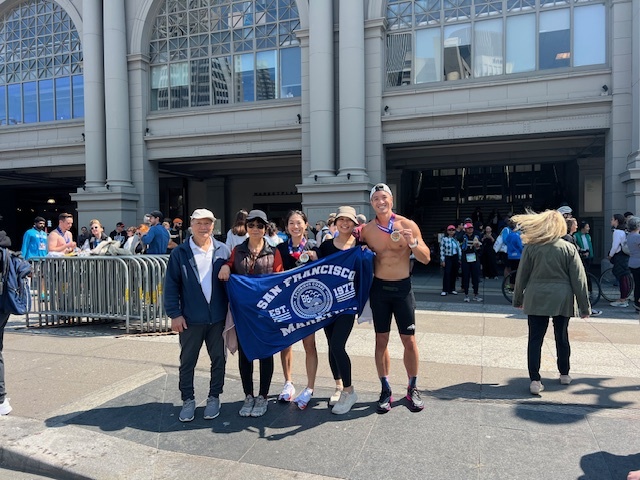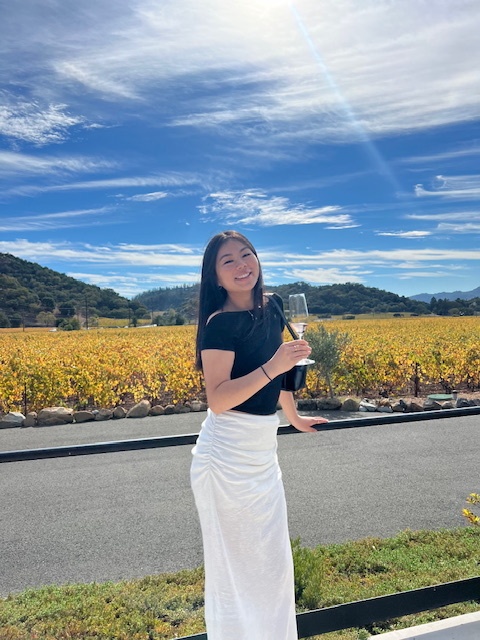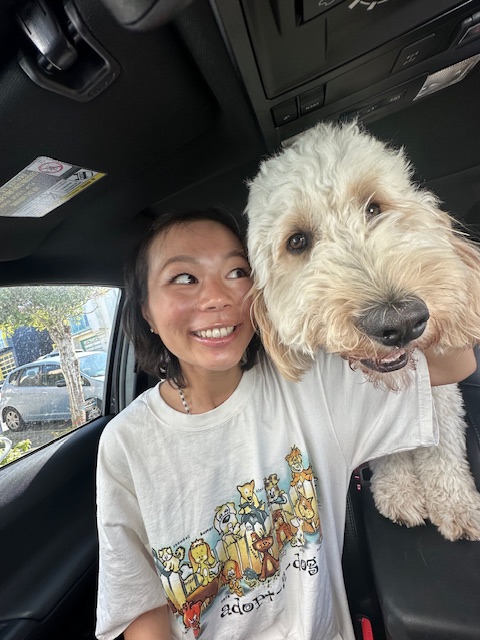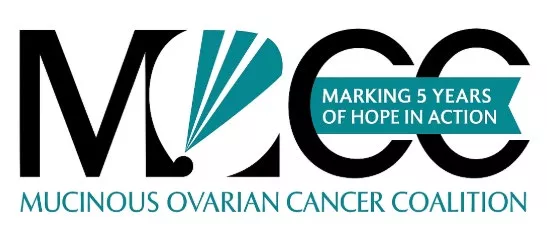


Announcing the Wendy Tam MOC Research Fund
The desire to feel that your story matters—that your fight hasn’t been in vain—is common among women facing advanced Mucinous ovarian cancer. It is especially poignant when the diagnosis comes at just 23 years of age.
The desire to feel that your story matters—that your fight hasn’t been in
In early November, Wendy Tam’s “big” sister, Annie, contacted MOCC to share tough news: Wendy had run out of treatment options. After enduring several surgeries, including the grueling HIPEC procedure, and multiple forms of chemotherapy, Wendy entered hospice care in October. At just 25 old.
A Request for Named Memorial Fund
Annie told us that her family hoped to establish a research fund in Wendy’s name. Their wish was to launch it quickly—giving Wendy the comfort of knowing she is helping to shape the future of mucinous ovarian cancer research. With the creation of the Wendy Tam MOC Research Fund, we are honored to help fulfill that wish.
We invite you to take a few moments to read about Wendy’s journey. Then, if you would like to support this work, please use the information at the bottom of the page to make a donation.

